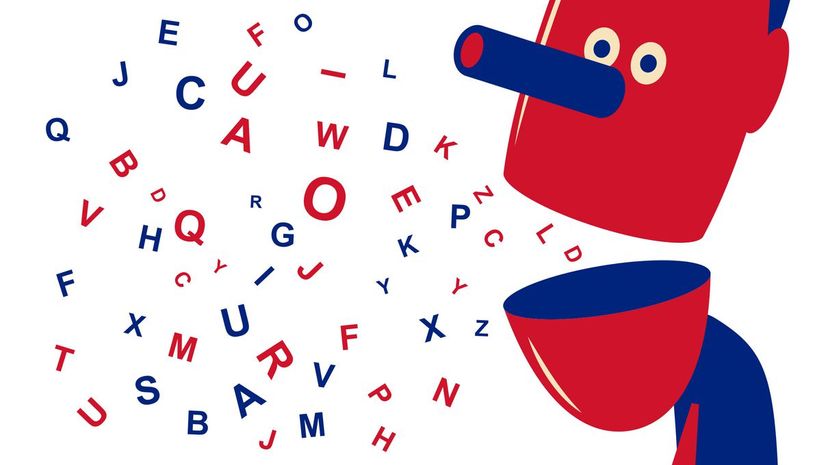
About This Quiz
As anyone who has tried to read anything in Middle English knows, the language of Shakespeare has been evolving for hundreds of years. Rhymes shift, words become more or less formal, and loan words come in from other languages. Neologisms describe new objects and ieas, whlie concepts and items join forces to create portmanteau words. English is also a languages that is especially prone to picking up phrases and even turns of phrase from foreign tongues, without adjusting its own rules, thus making much of it irregular. All of this is one reason that picking it up as a second language is considered particularly hard.
Slang, of course, makes this even more confusing. British slang is so bewildering that even many Brits can't quite keep up with it, and in the internet age, it's simply changing faster than ever. Sometimes British slang is so confusing that it seems certain it must have been made up to bamboozle the listener, but if you're really on the ball, you will just about be able to keep up. That's why we've given you both help and hindrance in this quiz, in the form of a scrambled version of the answer. If you can identify all these slang terms, you're either a Brit yourself, or you're qualified to become one immediately!
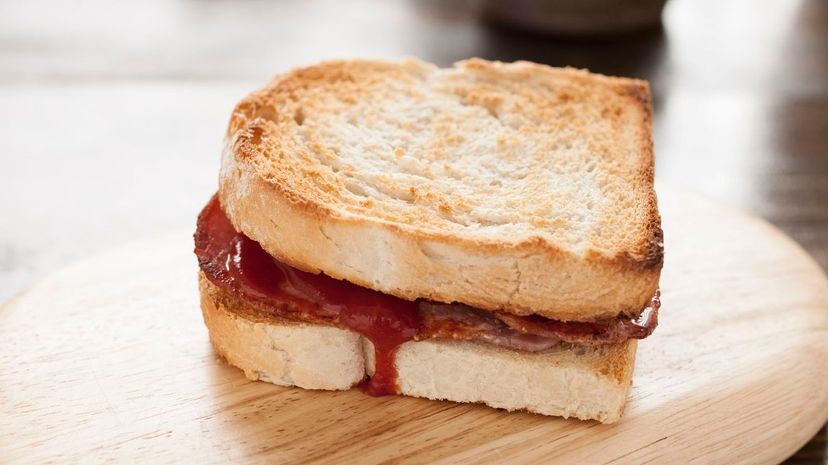
A "butty" is a slang word for a special kind of sandwich typically made by folding one piece of bread around. It usually enjoys a precursor to specify the type of sandwich. For example, "I'm dying for a bacon butty!" The etymology is from "butter," without which the sandwich is not technically a proper butty.

When you receive very disappointing or crushing news, you can often feel your stomach physically curl up, such that it feels as though your guts have been torn out. This is the etymology behind "gutted," which is a way of conveying that you are extremely upset.
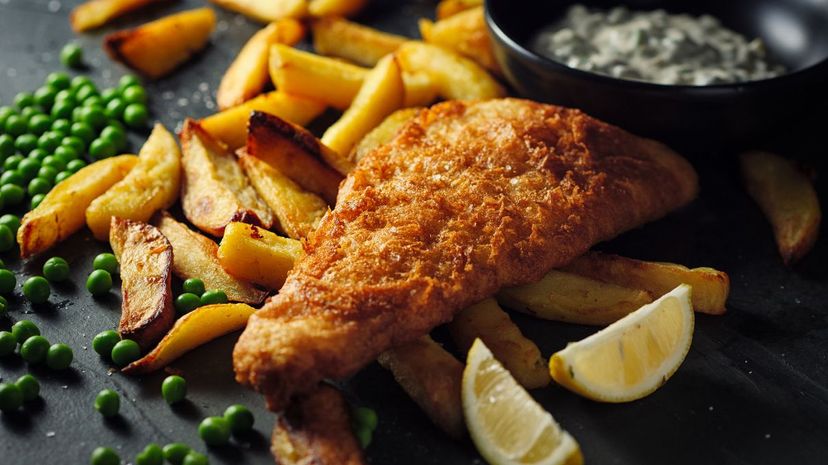
The fish and chip shop was introduced to the British palate in the 1800s by a Jewish immigrant, who invented it in London's East End. Now it is a national staple, and there are beloved "chippies" all over the country. It is not a fancy way to eat dinner, but it is delicious!
Advertisement

If something is "cracking," it is very good indeed. "That was a cracking show." "Cracking cheese, Gromit!" You can also use "cracking" in conjunction with another adjective to mean "very," as in, "That was a cracking great night!"
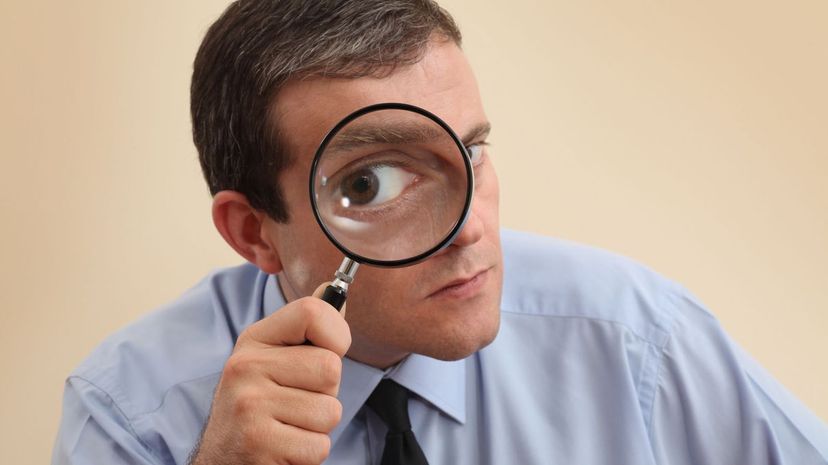
This slang word should not be confused with the term "to suss out," though they do share an origin in the word "suspect." Correct use of "suss" (without any "out") looks like this: "Should we drive the car over that bridge? The supporting beams are a bit suss."
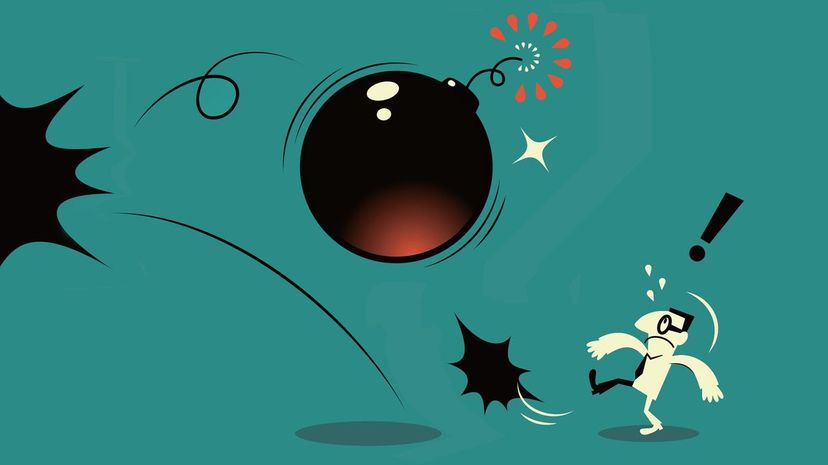
A balls-up means something has gone fantastically wrong, as in, "The party was going well before gatecrashers came and puked everything. It was a total balls-up after that." You can substitute almost any word for "balls," however, as in, "It was a total arse-up."
Advertisement

Are you so tired that you are like a farm animal who has become useless and is now at risk of being sent to the knacker's yard? If so, then you are "knackered." The rather cruel etymology of this term is no longer implied, however, so feel free to use it in the presence of vegans!

If you are absolutely delighted about something, you might well be "made up," but you can also be "chuffed." You can even be "well chuffed" or "dead chuffed." It probably comes from the military, and dates back to early Victorian times. Generally speaking, this is a risky word to use if you are not Cockney or Northern, as it can sound inauthentic.
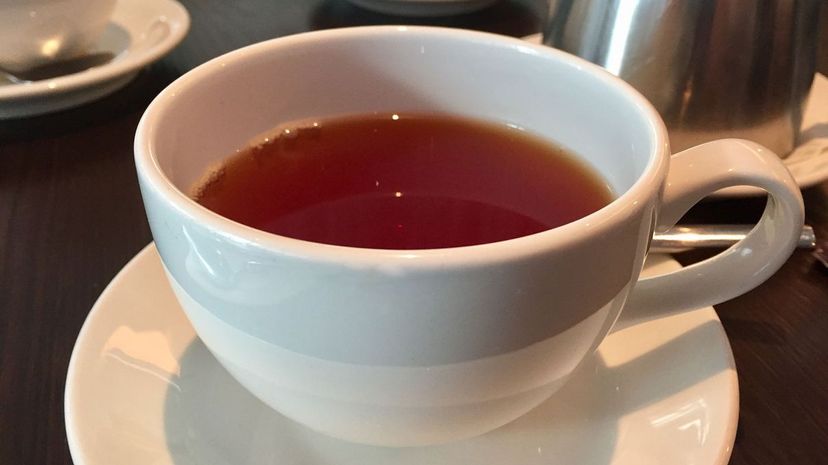
Who'd like a cuppa? A cup of tea is the most British response to anything, so of course, there is a slang term for it. If you offer someone a "cuppa," they will surely believe that you are a true Brit - or at least, a true friend of Britain.
Advertisement

This one is fairly self-explanatory. If you truly can't be arsed, it means that you are so unconcerned with doing the action at hand that getting off your behind (that is, your "arse") is simply too much effort.

If you like to make fun of your mates, then you are undoubtedly already engaging in a little "bants." However, bants is never mean and should not be used to disguise a genuine grievance. Bants is lighthearted and friendly. Be warned, though, the British love their curse words, so if in the course of bants, they call you something unbelievably rude (by overseas standards), it may simply be a term of endearment.

Regular readers of the 1823 edition of "Grose's Dictionary of the Vulgar Tongue" will know that "collywobbles" dates back at least that far. It is sometimes believed to be related to coal dust, but it probably comes from "colly," referring to colic. That is, if you're very nervous, your tummy feels wobbly as if you have colic.
Advertisement
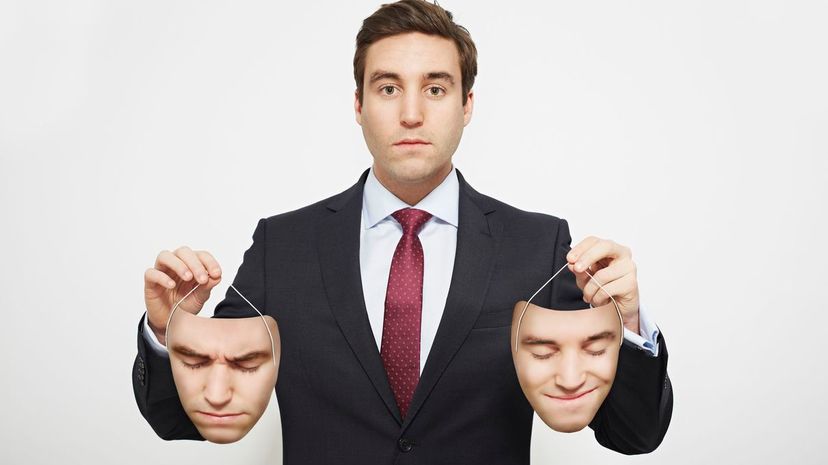
Losing the plot has a literary origin. A writer who has lost the plot is inevitably doomed to write nonsense. A reader who has lost the plot has clearly forgotten what they're doing. Either way, it means you're not acting in a manner consistent with what past events or the current situation warrant.
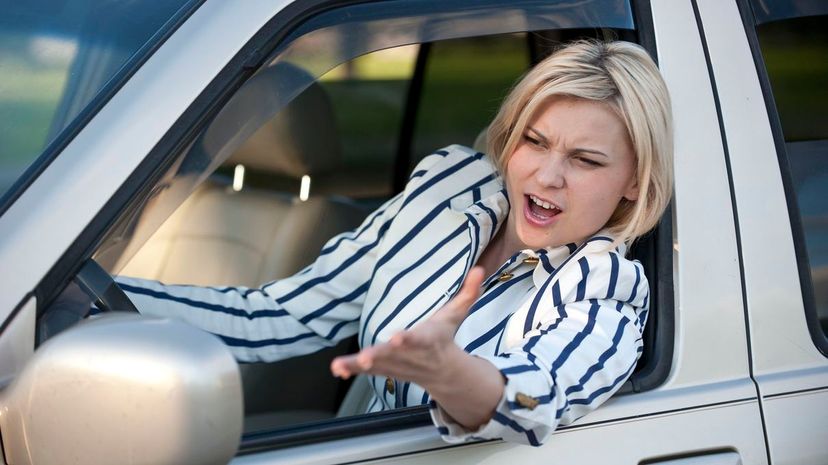
Are you profoundly disappointed, annoyed, or irritated? You may be "miffed." There is typically an inciting incident in cases of feeling "miffed," as it is not just a state that you achieve on your own. Thus, "I'm seriously miffed at this traffic" is fine, but, "I woke up feeling miffed today" is not. You also cannot "miff" someone. It is only used in the past tense to refer to one's own state.

Kip generally refers to a nap, but it can also mean sleeping all night. The most common construction is "getting some kip." It may hail from a Danish or German background and originally refer to a bed.
Advertisement

British people used to have pals and chums, but these days they have mates! A mate can be anything from a buddy to a bestie to some bloke you just met, to whom you would like to be friendly. It can also be said harshly, as in, "Mate, I don't want to buy a watch. Leave me alone, or I will call the police."
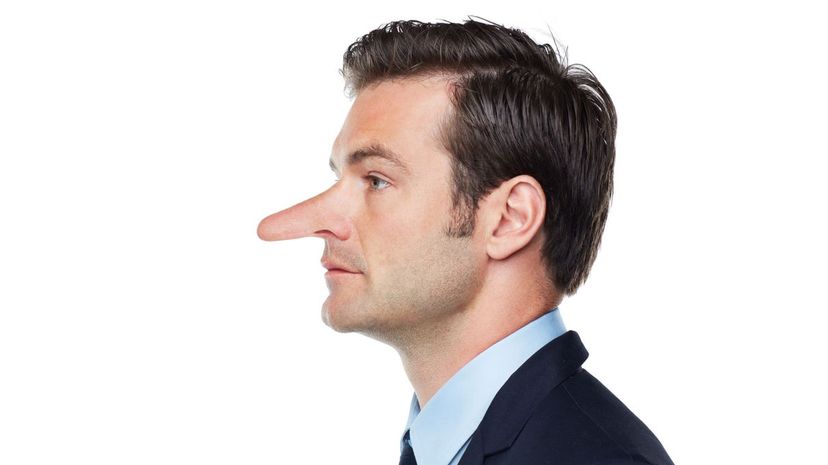
If something is of dubious origin, or if someone looks like the sort of person who is more likely to mug you than give you directions, this is "dodgy." Something that is particularly suspect may be "well dodgy."
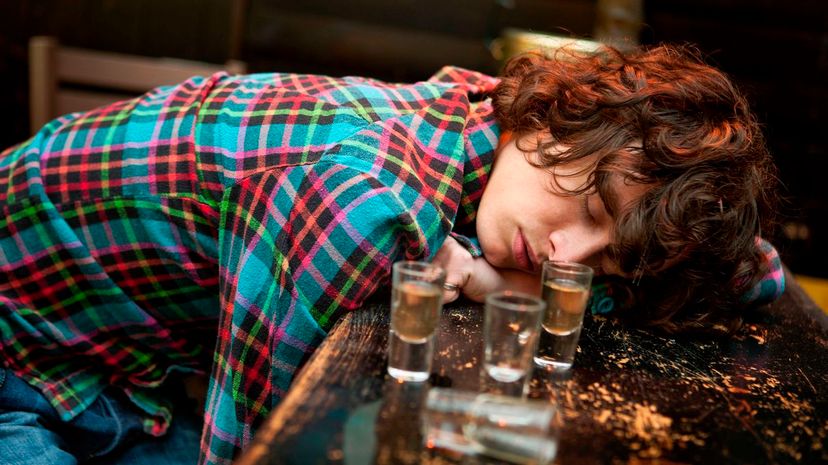
If you are totally "trollied," it means you're so drunk that they will have to put you on a trolley (i.e., a gurney) to get you home. However, a fun linguistic quirk of UK English is that almost any word can mean you are drunk. For example, "I was utterly walloped/whirled/kidneyed last night." It's not a real turn of phrase, but if you say it right, everyone will understand.
Advertisement

Your "gob" is your mouth, so if you are "gobsmacked," then you are so surprised it is as if you have been smacked there. This slang term appears to date back to the 1930s and is still in common use today.

The "Bob" in this saying is Prime Minister Robert Cecil, who in 1887 made his nephew Arthur Balfour the Chief Secretary for Ireland. Balfour may or may not have been qualified, but Bob was his uncle, so he got a prestigious job. The phrase thus came into being as a way of saying everything will be fine for you, as in, "Just change the oil and Bob's your uncle!" There is no longer an implication, as in Balfour's case, that you do not deserve things to be fine.

A plonker is someone who does or believes in stupid things. They're generally not malevolent, just incompetent and prone to listening to bad advice. This is thus a more patronizing than vicious term.
Advertisement

If you are very upper-class and not very nice, you are a "toff." This is a negative term for someone who has a lot of money and connections but didn't earn them. It may hail from the fact that rich people could afford snuff, which caused their noses to drip a toffee-colored fluid, hence "toffee-nosed," but it is more likely that "toffee-nosed" comes from "toff" (with their nose in the air), not the other way around.

Are you bonkers? Have you gone bananas? Did you lose the plot? You might be a nutter! A nutter is a mad person. This slang hails from the 1950s. It is usually pejorative but can be a compliment to someone who has done something very brave, but also arguably stupid. For example, "You climbed Mount Everest naked? You're a complete nutter."
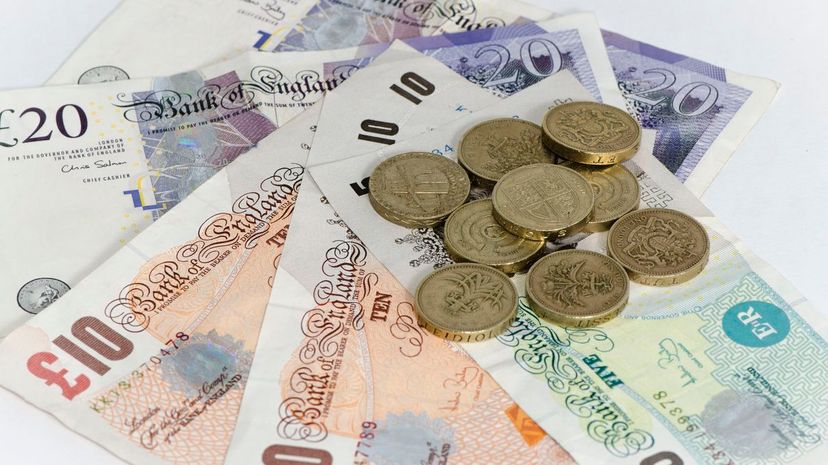
"Quid" is directly analogous to "buck," and refers to pounds. It comes from Latin, as in "quid pro quo," thus implying a question about what you will get in return for something. For example, "That'll be five quid, mate."
Advertisement

These days, your phone makes just about any sound you want it to make, but initially, phones used bells. Thus, "give you a bell" became a way of telling someone you would call them up. The bells are no more, but the phrase remains.

Barrère and Leland record the first use of "blimey" in 1889 in their "A Dictionary Of Slang, Jargon And Cant." It is another Cockney term and, like "crikey," is used to get out of blaspheming. It is a contraction of "God blind me," an expression of surprise. It began as "cor blimey," but these days you are more likely to hear just "blimey," though it is no longer a very popular word.

This Cockney phrase has its origins in the sitcom "Only Fools and Horses," in which a pair of ne'er-do-well brothers, Del Boy and Rodney Trotter, slightly alter the slogan for a drink named Jubbly. The phrase is now pretty universal, and even non-Cockney Brits say it regularly!
Advertisement
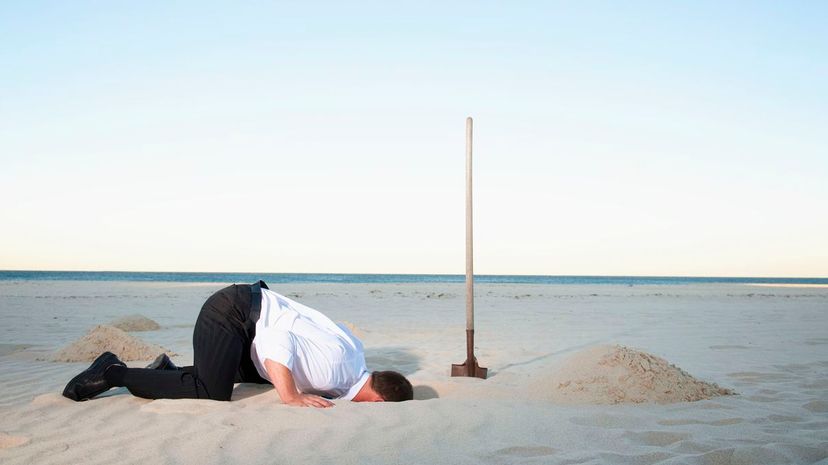
This delightful term hails from the North, and it means someone is a bit of a twit, but not too bad. "Don't park your car across the line and take up two spaces, you wazzock" is a good example. It means you've done something bad, but you are probably not irredeemable.
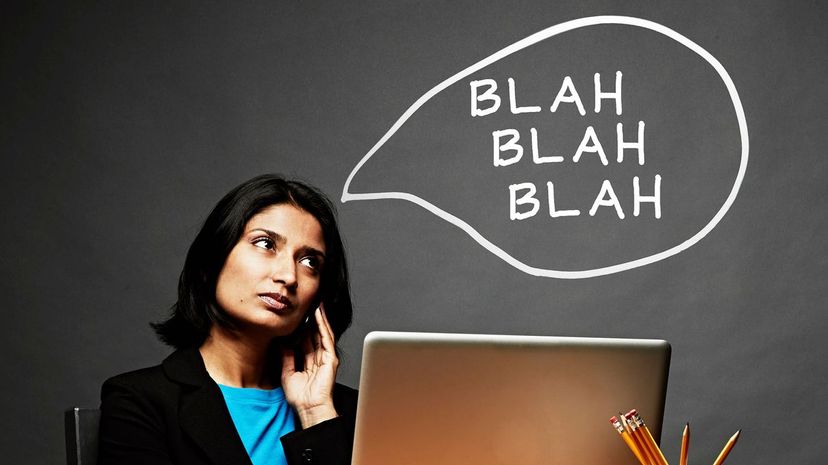
If something is absolute drivel, it is tosh. An example of correct usage: "That op-ed is total tosh, they should fire the writer." This is a mild word and safe for polite company.

If you have a very strong lust for something, particularly the touch of a partner, you are deemed to be "gagging" for it. The etymology here is rather NSFW, so we will have to leave the specifics to your imagination.
Advertisement
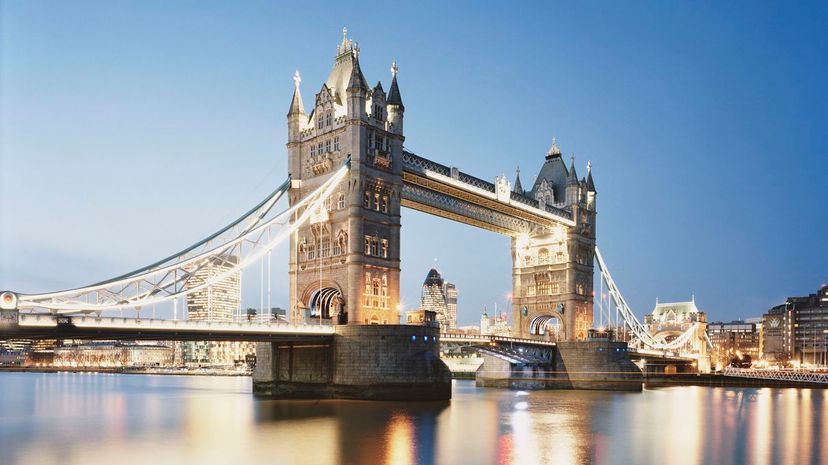
"Blighty" means the UK, as in the war song, "Take me back to dear old Blighty!" This term originates from the British presence in India and is a distortion of an Urdu word, "vilayati" that refers to foreigners, specifically Brits. In a manner fairly consistent with Britain's attitude to India at the time, the word was misspoken, then changed, and "Blighty" was the result.

This is a lovely way of avoiding blasphemy and is entirely safe for polite company. "Crikey" hails from "Christ," and was a word developed in the Cockney dialect to be able to express surprise without offending the Lord, or the ears of anyone present.
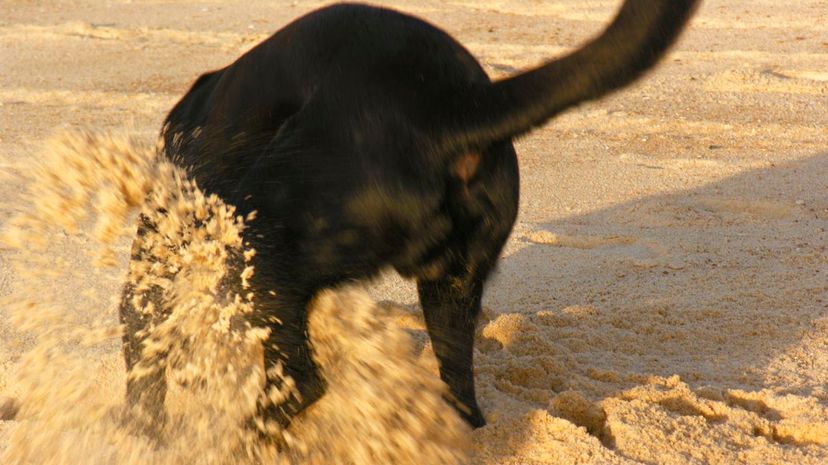
Why are the dog's bollocks so great? This phrase acknowledges that there is a reason that the dog spends so much time paying attention to them (so to speak). It is important to note that only the dog's bollocks are good-all other bollocks are bad. For example, "That song is bollocks" means the song is terrible. "That song is the dog's bollocks" means the song is splendid.
Advertisement
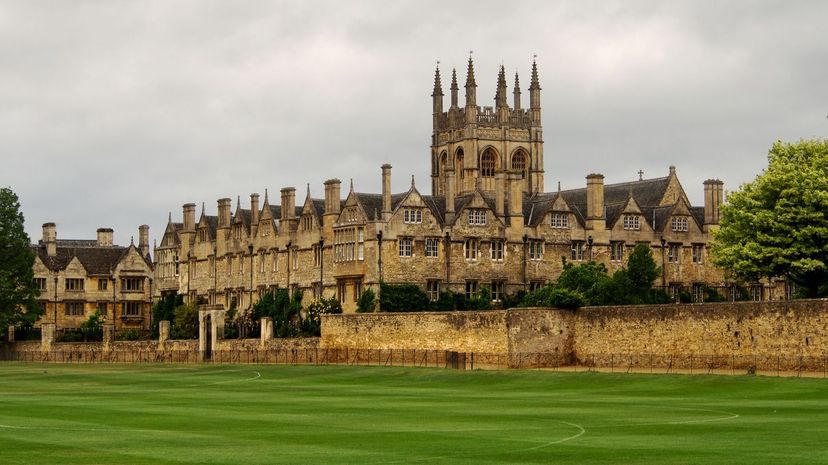
If you call a place of tertiary education "school" in the UK, nobody will know what you mean and assume you are referring to primary or secondary educational institutions. Even "college" can refer to the final two years of secondary school, Thus, "university" is the only safe bet, making "uni" the only available slang term.
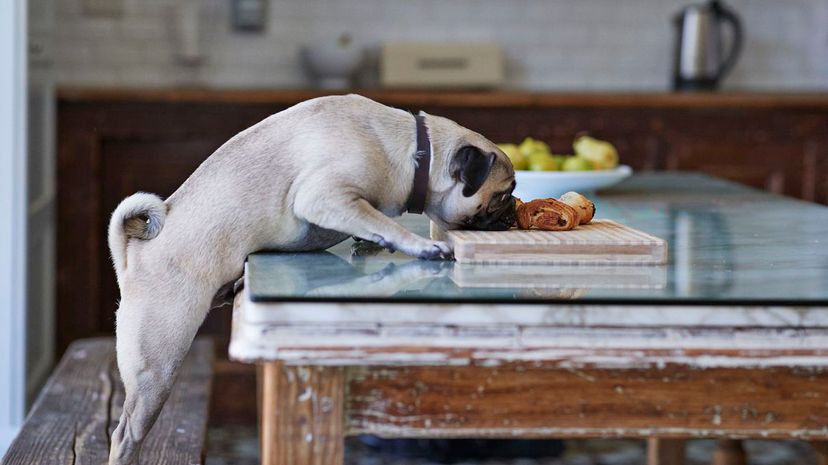
"Cheeky" is, of course, a non-slang word, and refers to impertinent behavior, typically on the part of a child. However, when it is used in a specific way, it becomes slang. Examples would be, "A bird just stole my sandwich! Cheeky bugger!" or perhaps, "Would anyone else care for a cheeky cocktail before dinner?"